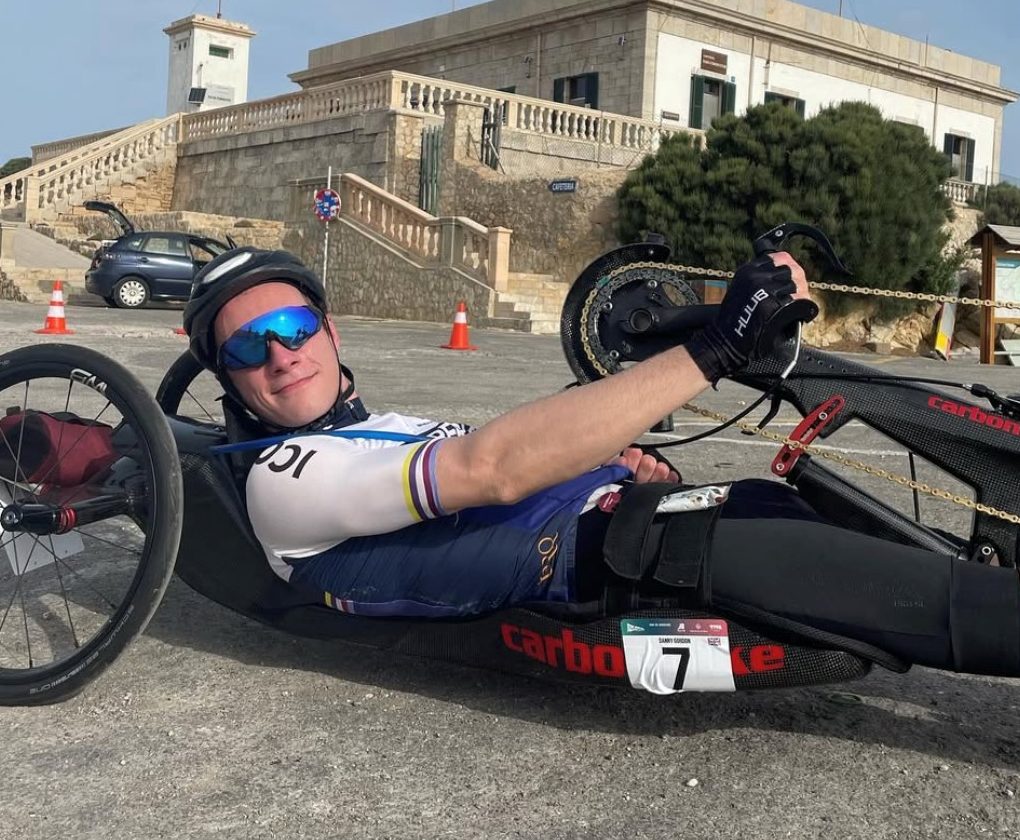Anyone who sustains a serious personal injury following an incident in a country where they do not live may face many challenges including obtaining access to medical treatment, arranging transport home and understanding how their life-changing injuries might affect their day-to-day life moving forward.
In this article Cheryl Palmer-Hughes (International Injury partner at Stewarts) and Sylwia Myśliwska (partner at Gostynski and Partners) discuss how collaboration between English lawyers and lawyers in the jurisdiction where the accident occurred can assist someone who has sustained a serious injury abroad.
Attempting to understand the legal complexities of how and where to bring a claim when seriously injured overseas can be a daunting prospect.
Often, insurance companies will offer to handle a compensation claim directly at a time when the person who has sustained the injury and their family are keen to access finances to put plans in place to maximise recovery. The prospect of dealing solely with an insurance company, therefore avoiding litigation and having to instruct solicitors, can seem appealing in those initial stages.
Instructing a specialist legal firm
However, provided the injured person instructs a specialist firm, their solicitors should help ease the burden of putting together a compensation claim and facilitate access to immediate, interim funds to put a rehabilitation package in place.
Most importantly, instructing the right legal team can improve the prospects of maximising both rehabilitative input as well as the total compensation package. In-house claims handlers for insurance companies might not be experts in cross-border litigation or best placed to access the objective medico-legal input required to understand a person’s injuries and their specific needs.
A team of English and non-English lawyers
Where two (or more) countries are involved in the facts of a claim, it is always advisable for a team of English and non-English lawyers to be put together at the earliest opportunity. Many people who sustain a serious injury do not realise that English specialist international injury lawyers will often work with Polish lawyers, for example, when families living in England are injured while visiting family members in Poland.
Such cooperation significantly increases the chances of having the injured party’s best interests at the forefront of the litigation. Having legal representation in both the UK and Poland ensures that all aspects of the case are considered. If, for example, the incident took place on Polish territory, but there is a possibility of pursuing compensation in the courts of England and Wales, it is important to have English solicitors leading from a procedural point of view and working alongside specialist Polish lawyers. The Polish lawyer will carry out various roles, including:
- Obtaining evidence about the incident circumstances, including accessing preliminary police reports and contemporaneous medical records and obtaining details of any witnesses to the incident, with the benefit of liaising with third parties in their own language.
- Ensuring that the injured person’s interests are represented within any Polish proceedings;
- Potentially representing the injured party in any criminal proceedings and initiating appropriate action with local law enforcement agencies. This can often lead to the early disclosure of crucial evidence relating to the accident circumstances, which cannot otherwise be accessed outside of the criminal proceedings.
- Advising on the benefits or otherwise of seeking to access partial compensation as part of the criminal proceedings.
Conversely, if the incident takes place in the UK and the injured person returns or intends to return to Poland, the Polish members of the legal team can help ensure the injured party has access to appropriate rehabilitation and/or ongoing therapy once they are in Poland. Other insight that can be offered includes:
- Accessing state benefits, where appropriate, for injured parties and their care providers.
- Advising on the process to be followed where the injured party does not have the capacity to manage their own financial affairs and/or the litigation and/or their medical requirements.
- Accessing evidence of the ongoing losses the injured party will sustain once they return to Poland, to assist with quantifying the claim.
Conclusion
Ultimately, there is no checklist or blueprint to be followed when a person is injured in a country where they do not live. This is not to say a solo practitioner could not deal with a claim of this nature, but our experience tells us that to ensure an injured person has the best advice so that they can optimise their recovery, access optimal rehabilitation and ensure they receive the compensation they require to provide for their life long needs, two specialist heads, if not more, will almost certainly be better than one.
You can find further information regarding our expertise, experience and team on our International Injury page.
If you require assistance from our team, please contact us.
Subscribe – In order to receive our news straight to your inbox, subscribe here. Our newsletters are sent no more than once a month.






